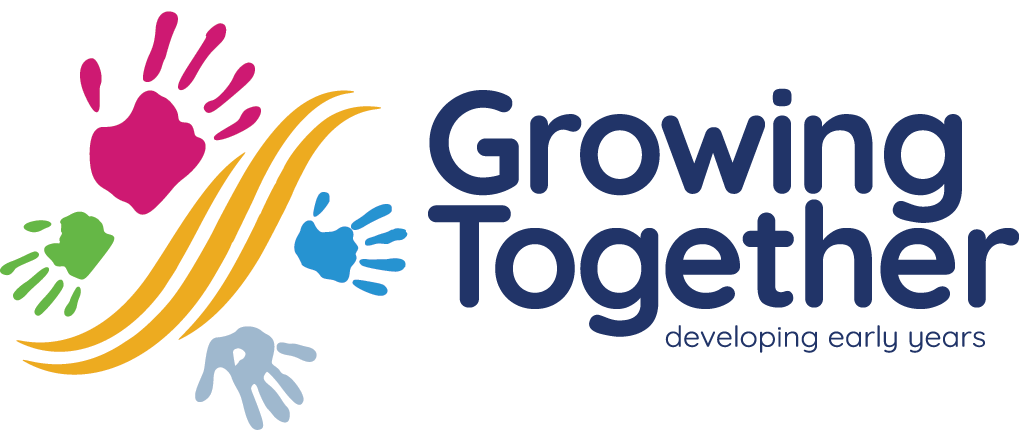The Importance of Language Development for Literacy in Early Childhood.
As a society we have a very heavy misguided emphasis on academic literacy skills in the early years such as can they write their name, can they read a simple word, write a caption, trace letters and form them or match letters (graphemes) to the relevant sounds (phonemes). As parents, carers, early years professionals, teachers, practitioners and managers of settings we feel the pressure to push these literacy skills! Here’s the thing though we need to slow down children need a rich exposure and command of language before we even consider literacy skills such as reading, writing, comprehension and storytelling!
In order to be able to tell a story we first need to have the language to recreate stories, give a narrative, elaborate on our ideas and our thoughts. We can’t tell a story without first developing our understanding of language, developing our listening and attention skills and being able to practise speaking language. Before we are ready to write a story, we need to able to express them in our play, use the narrative as we play with the dinosaurs or make a birthday cake in the role-play area. The richer and more exposure children have to developing language in the early years through play and secure foundations, the better they will achieve later on in school.
Colker (2014) research has shown that there is 30-million-word gap between the wealthiest and poorest families in their study by the age of 3! That is a lot of words that some children have not been exposed to and that lack of vocabulary is going to have an impact on their development. So rather than focusing on literacy skills such as writing, tracing letters (which in my opinion is not literacy – but let’s not go there today!) what we should be focusing on is closing the language gap! Exposing children to more vocabulary, singing a variety of rhymes and songs, exploring and talking alongside our children, reading stories, making up stories, engaging in play, becoming mummy bear or Deno the dinosaur.
In order to be able to understand texts, to read and write segmenting and blending sounds. Children also need the opportunity to first before we even consider this literacy skills, to develop their listening and attention skills and have the opportunity to develop their understanding of vocabulary. We cannot rush children to read, write or develop comprehension before they have the basic skills they need; early childhood is simply not a rush.
Before a child is ready to read words such as b-i-g or c-a-t they need to be able to distinguish the sounds in the words, these means they need to be able to hear the difference to tune into sounds and describe sounds. This tuning into sounds for early phonics learning is done through the environment, musical instruments, body percussion, rhyme and alliteration, not through focusing on writing the word and letters. We need to take it back a step, work on listening and attention with our young children and worry less about the writing and reading.
Also, it is no good a child being able to write or read the words ‘big cat’ if they have no comprehension or meaning of those words, what is big, what is cat? It simply then is nothing but a copying exercise. So, we need to take the time to explore words and meanings alongside children. Talk with our children, set up open ended explorations and play opportunities that are rich in language.
So here is my challenge for you, help develop children’s language development through developing vocabulary, listening skills, opportunities to speak and grow in a language rich environment. I can guarantee this will pay of to helping their literacy skills when they are ready!
